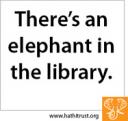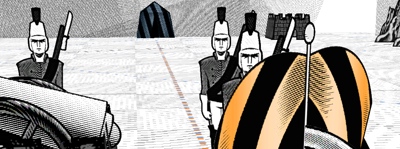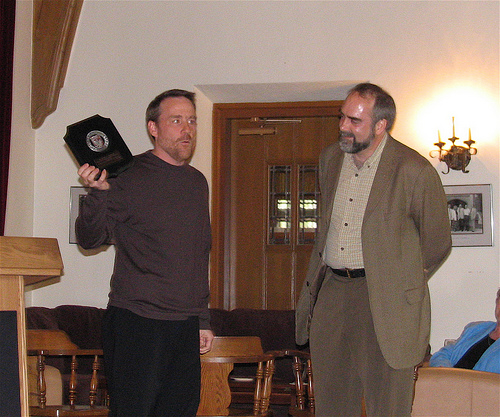Having written a book on dialogue, (Defining Dialogue) I’m always intrigued when others call for dialogue or name some initiative dialogue.
Well, SSHRC has just published the second issue of its online e-newsletter, Dialogue and I’m going to rise to the bait.
Here goes. What is interesting about things named “dialogue” is that they are usually so named because “dialogue” is supposed to be good. In fact, it may be the last good left in an intellectual climate where there are no certainties or grounds to stand on. All that is left is some form of interaction, and dialogue is the good form of interaction (as opposed to gossiping, bickering, or fighting.)
The problem with this is that the models we have inherited for dialogue in the humanities, from Plato to Heidegger, are not quite so comfortable. This is seen especially in Plato where usually one of the interlocutors leaves unenlightened and irritated with Socrates. Dialogue is rarely good for those in it. The dialogues of Plato are aggressive, they portray posturing and misunderstanding, and they are designed to be interesting to those listening in, not the interlocutors.
So … what sort of dialogue then is SSHRC’s newsletter? Is it a scrappy Socratic tussle in front of us? No, it is a gracious praising of researchers who got grants! Is it SSHRC the gadfly engaging people who claim to know something so as to show them (and us) that they (and we) know nothing? No, SSHRC wouldn’t dare. Is it SSHRC engaging us with questions that force us to think about what we know. No, there is only a call for comments, which is about as interactive as asking what I did for my summer vacation.
In short, SSHRC has published another Dialogue that is innocent of the history or theories of dialogue. What Dialogue really is for SSHRC is public relations or advertising. Perhaps it is what Socrates taught in Aristophanes’ Clouds? Why shouldn’t SSHRC be honest and call it something like “Braggadocio“?
To be fair ,there is a sense in which what Dialogue does is document the activities of the humanities and social sciences. These activities have been called a conversation by Michael Oakeshott; in that sense Dialogue is not a dialogue with us or with anyone, but a record of great moments in the Canadian academic conversation.
As civilized human beings, we are the inheritors, neither of an enquiry about ourselves and the world, nor of an accumulating body of information, but of a conversation, begun in the primeval forests and made more articulate in the course of centuries. It is a conversation which goes on both in public and within each of ourselves. (Oakeshott, The Voice of Poetry in the Conversation of Mankind, p. 11)
If you are interested I have a copy of my thesis about dialogue, from which the book evolved, here in PDFs of the chapters. Read it and you too can get cranky when people propose dialogue.
 I am at the CaSTA 2008 New Directions in Text Analysis conference at the University of Saskatchewan in Saskatoon. The opening keynote by Meg Twycross was a thorough and excellent tour through manuscript digitization and forensic analysis techniques.
I am at the CaSTA 2008 New Directions in Text Analysis conference at the University of Saskatchewan in Saskatoon. The opening keynote by Meg Twycross was a thorough and excellent tour through manuscript digitization and forensic analysis techniques. 



